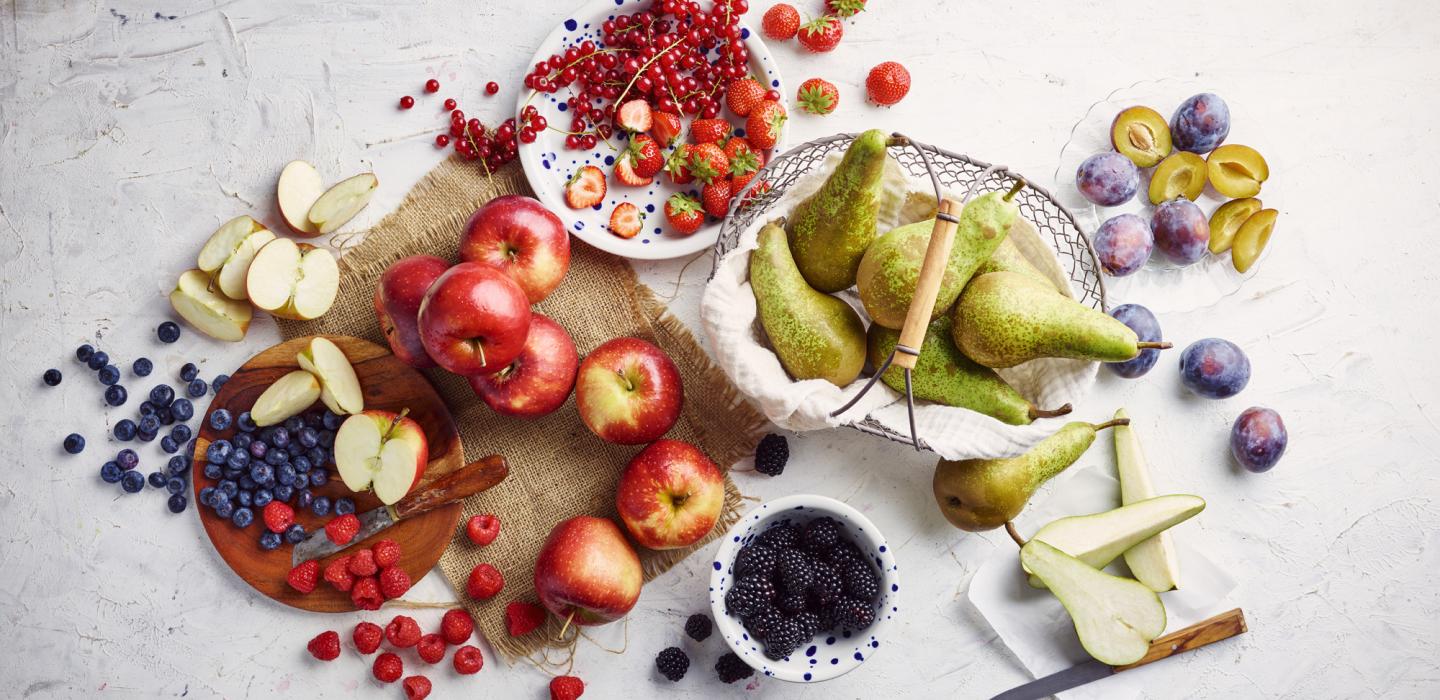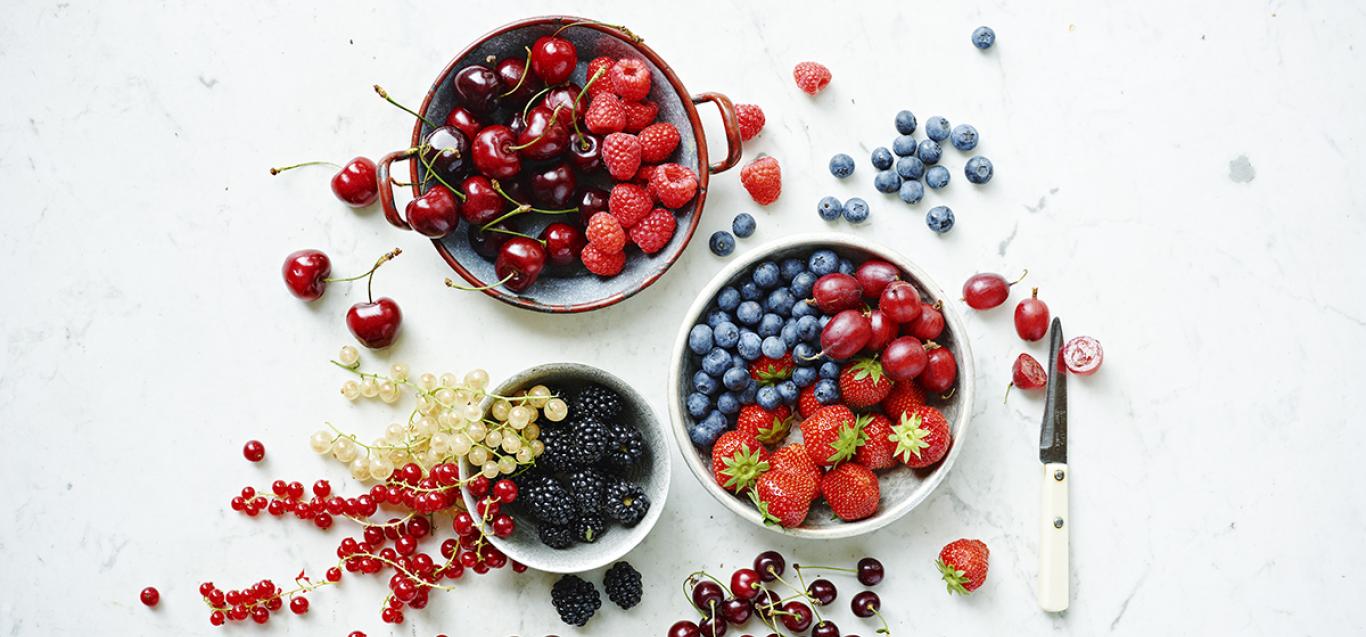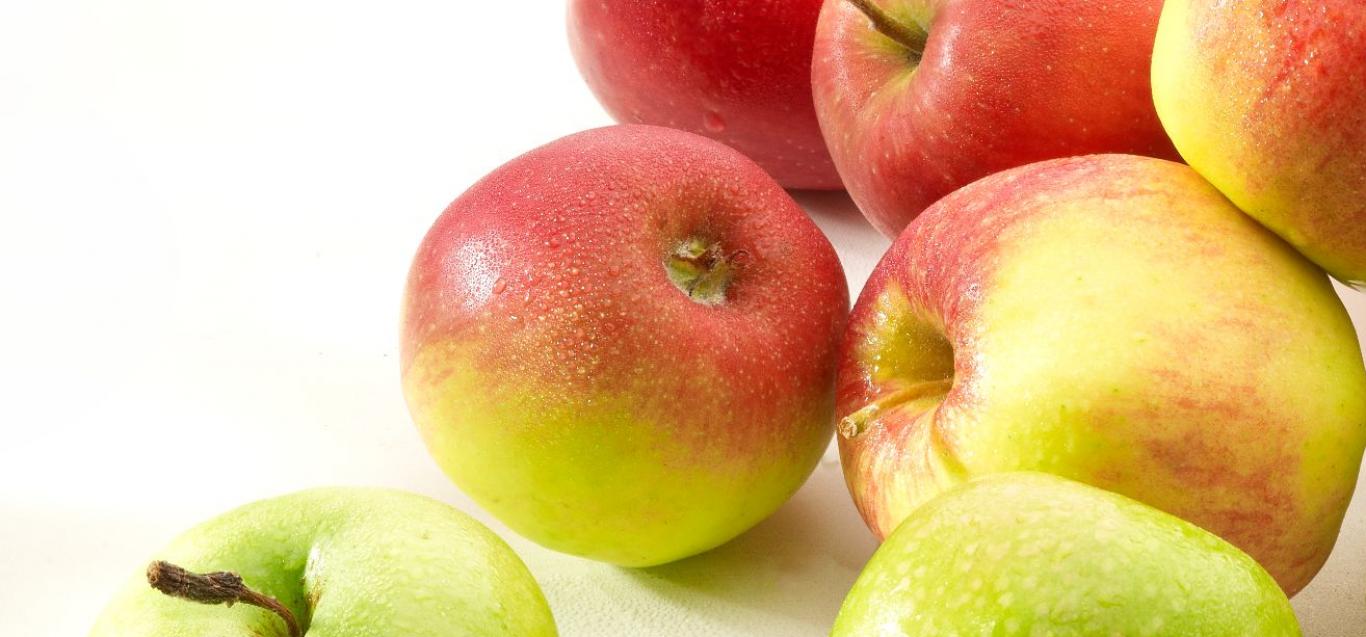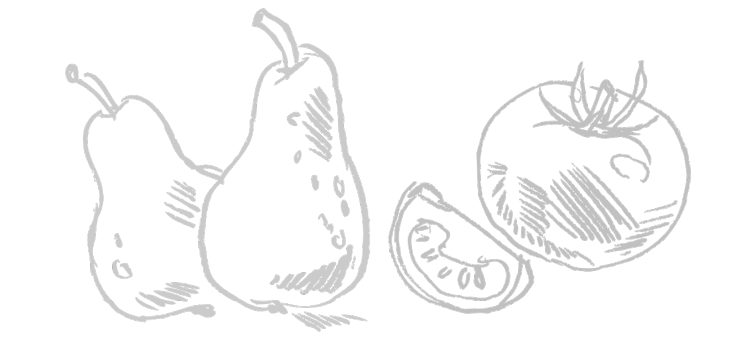Strawberry production accounts for some ample 51,453 tons in 2023. Most of the production is mainly in the Flemish part of Belgium. Our main markets are the Netherlands and France.
Since 2012, Belgium has been producing more pears than apples. In the 2023/2024 season, Belgium produced 381,310 tonnes of pears, the vast majority in Flanders.
91% of our apples go to the surrounding countries. The Netherlands is the largest customer with a share of 46%. France (27%) and Germany (17%) complete the top 3.
Typical assortment of Flemish fruit
The largest Flemish apple variety in terms of quantity is Jonagold, followed by amongst others Jonagored, Boskoop and Golden Delicious, Kanzi, Joly Red, Greenstar, etc.
Conference pears are the main pear variety, followed by Durondeau and Doyenne.
The main crops of berries, also called summer fruit or soft fruit, are strawberries, red, white and black currants, blueberries, gooseberries, blackberries, kiwi, grapes and raspberries.
The strictest quality requirements apply from the cultivation material to the end product. Processing, packaging and storage also occur with the utmost care. Optimum storage systems ensure a long-term supply.




